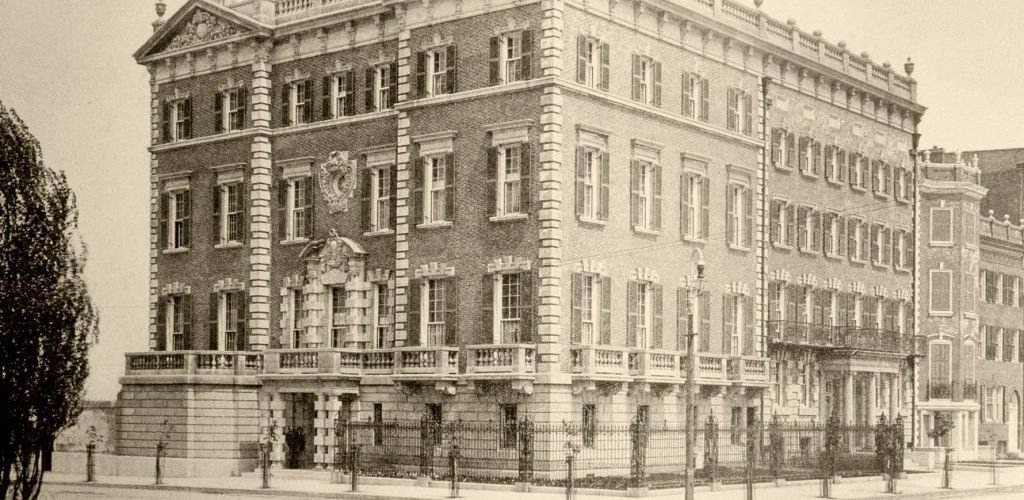Posted May 2023
Elie Wiesel dedicated his life to bearing witness to the Holocaust—justly calling it “history’s worst crime.” During World War II, Wiesel and his family were deported to the German concentration camps of Auschwitz and Buchenwald, where he and his two older sisters survived, but the rest of the family was murdered. In 1958, a few years after writing his testimony in Yiddish, Wiesel published a shorter version, La Nuit (i.e. Night), in French at the age of 30, which continues to be the most-read Holocaust testimony in the world. In La Nuit, Wiesel delves into his experiences in the concentration camps, and recounts his remarkable survival. Elie Wiesel went on to become a prolific author, publishing over sixty books, including memoirs, novels, essays, and plays. He became a tireless advocate for remembering the Holocaust and learning from it and was one of the driving forces behind the creation of the US Memorial Holocaust Museum in Washington. In 1986 he was awarded a Nobel Peace Prize for using his voice to defend human rights around the world. Wiesel’s favorite expression was “and yet,” since despite having lectured all over the world, counseled presidents and heads of state, he was not finished. Wiesel always believed there were more books to write, more classes to teach, and more work to be done.
Elie Wiesel began teaching at BU in 1976 and was named the Andrew W. Mellon Professor in the Humanities. He taught students not what to think but how to think, and he made a profound and lasting impact on his students and the world. He received over one hundred honorary degrees from institutions of higher learning, as well as the Presidential Medal of Freedom, the U.S. Congressional Gold Medal, and the National Humanities Medal.
In 2005, the Elie Wiesel Center for Jewish Studies was dedicated and named for Nobel laureate and professor Elie Wiesel. Located at 147 Bay State Road, The Elie Wiesel Center is in an elegant Georgian Revival-style building. Constructed in 1899, 147 Bay State Road first served as the historic Weld family mansion before BU acquired it. Having a new, designated Jewish studies center opened more opportunities for Wiesel and other scholars to lead important discussions about culture, history, and religion. At the building’s dedication, the mansion was also renamed the Bet Shlomo v’ Sarah Wiesel in honor of Elie Wiesel’s parents.
An interdisciplinary academic center of CAS, The Elie Wiesel Center provides courses in literature, history, religion, anthropology, philosophy, and more. The Elie Wiesel Center has helped to create and support a wide range of lectures, events, and conferences for academic and non-academic audiences. Boston University has hosted many visiting and resident faculty in Jewish studies, including luminaries such as Gershom Sholem, Nahum N. Glatzer, Marvin Fox, Everett Fox, and Michael Fishbane.
Professor Wiesel passed away on July 2, 2016, after 40 years of teaching at BU and a lifetime’s work of service to political activism and education. In the fall of 2018, the Elie Wiesel Center inaugurated the Elie Wiesel Memorial Lecture Series in his honor. The inaugural lecture was devoted to the memory of Kristallnacht, the German government’s sponsored violence and destruction of European Jewry in 1938. The Memorial Lectures carry on the spirit of the captivating “Encounters with Elie Wiesel”—lectures that invited hundreds of students and were significant cultural events in Boston. Through the Memorial Lecture Series, Professor Wiesel’s love of fostering conversations through education continues. Each year, the Elie Wiesel Memorial Lecture is devoted to a particular theme.
Today, the Center serves as a hub for co-curricular and public events related to Jewish history, religion, and culture. The Center works with the Graduate Program in Religion to offer a Ph.D. specialization in Jewish Studies. Following the existing minor and graduate certificate, starting in Fall 2022, undergraduates can now also pursue a major in Holocaust, Genocide, and Human Rights Studies. From large events to small classes, the Elie Wiesel Center for Jewish Studies continuously aims to foster human rights education and build common ground across racial, ethnic, and religious divides.
Support the Elie Wiesel Center for Jewish Studies
